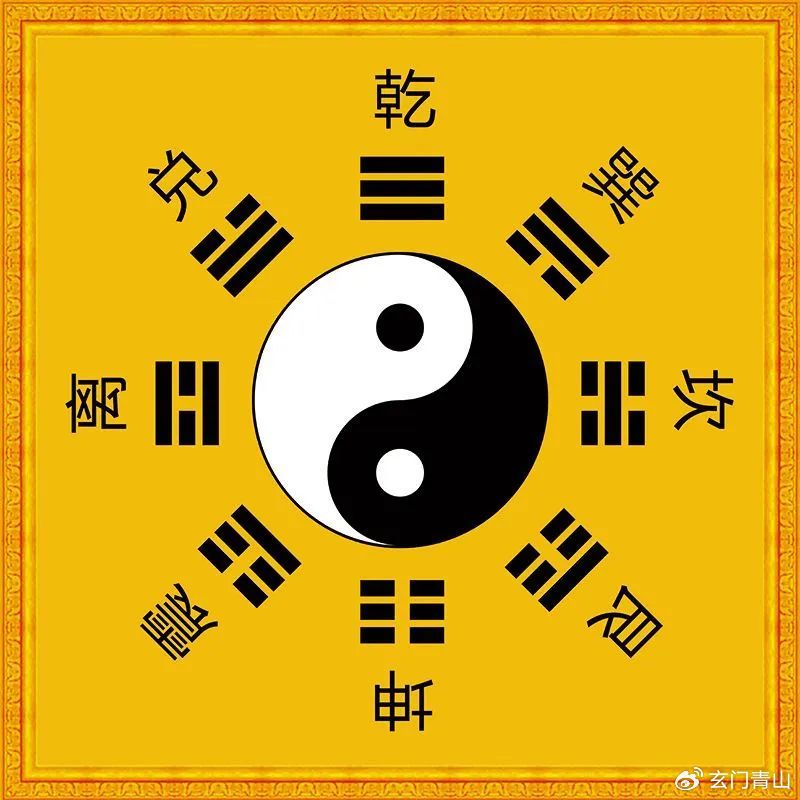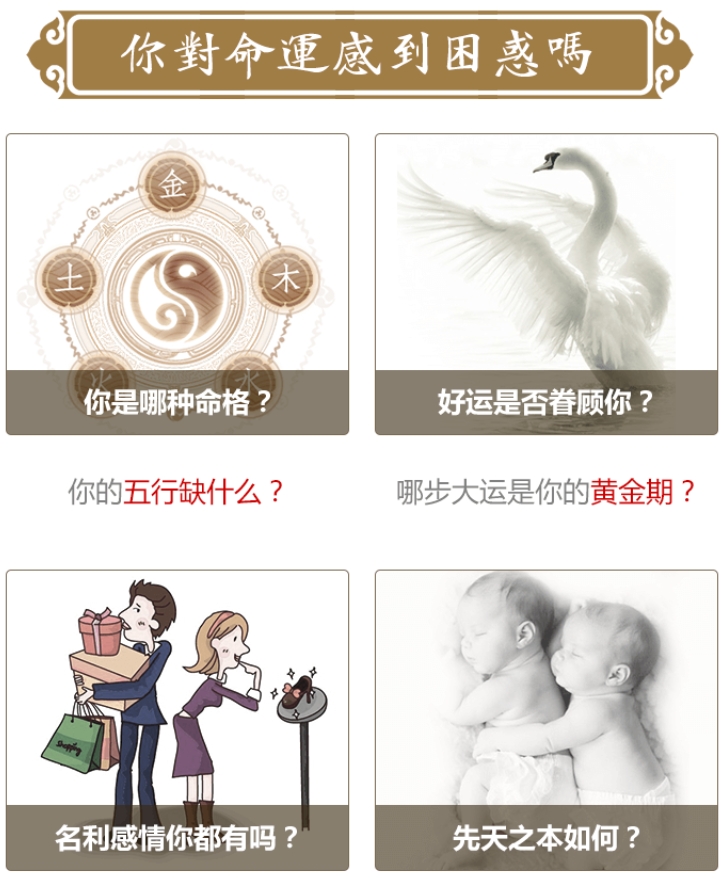Simple Clean English Names for a Minimalist Style, Minimalist Baby Names 2025, Elegant and Simple English Names
Choosing a name for your child is one of the most important decisions you'll make as a parent. In 2025, minimalist names are gaining popularity for their simplicity and timeless elegance. These names strip away unnecessary complexity, focusing on clean pronunciation and straightforward spelling. Unlike elaborate names that may require constant correction, minimalist names offer effortless usability in both personal and professional settings.
The appeal of minimalist names lies in their versatility. They transition seamlessly from childhood to adulthood while maintaining a sense of sophistication. Research from the Social Security Administration shows short names (4-6 letters) have risen 37% in popularity since 2020. This trend reflects our fast-paced digital world where simplicity equals efficiency. Below is a comparison of traditional versus minimalist naming approaches:
What makes a name truly minimalist? Linguists identify three key characteristics: brevity (typically one or two syllables), phonetic transparency (spelled as it sounds), and cultural neutrality. Names like "Ava" or "Leo" exemplify this perfectly they're internationally recognizable yet carry no strong ethnic or religious associations. This universality makes them ideal for global citizens.
The psychology behind name preferences reveals interesting insights. A 2024 Cambridge University study found that people perceive owners of simple names as more approachable and competent. Participants rated individuals with minimalist names 22% higher on likability scales compared to those with complex names. This subconscious bias influences many parents' choices today.
Modern parents often ask: How do minimalist names fare in professional environments? Contrary to concerns about being too simple, executive recruiters report these names actually stand out positively. In a sea of elaborate names, clean options like "Jack" or "Mia" create memorable first impressions. Their clarity prevents pronunciation issues that might hinder career advancement.
Cultural shifts have dramatically changed naming conventions. Where past generations valued family tradition, today's parents prioritize individuality within simplicity. The sweet spot lies in names that feel unique without being obscure. "Nora," for instance, ranks in the top 100 but doesn't feel overused, maintaining that perfect balance between familiar and fresh.

Gender-neutral minimalist names represent another growing trend. Names like "Riley" or "Quinn" work beautifully for any child while embodying the minimalist ethos. These choices reflect contemporary values of inclusivity and flexibility. They also future-proof a child's identity in our evolving understanding of gender.
Pronunciation considerations are paramount in minimalist naming. The best options avoid regional variations that could cause confusion. "Ethan" sounds identical whether you're in London or Los Angeles, unlike "Craig" which has different pronunciations across English dialects. This linguistic consistency prevents lifelong corrections.
Historical perspective shows minimalist names aren't actually new. Many medieval English names were strikingly simple think "John" or "Anne." What's changed is our renewed appreciation for their virtues after decades of elaborate naming trends. Today's parents are essentially rediscovering timeless classics with modern sensibilities.
International appeal factors heavily into minimalist name selection. As families become more globally mobile, names that travel well gain value. "Luca" works equally well in Italy, Germany, and America, making it an excellent choice for families with international connections or aspirations.
Nickname-proofing is an underrated benefit of minimalist names. Complex names often get shortened anyway ("Alexander" becomes "Alex"), so why not start with the simpler version? This eliminates the disconnect between formal and casual identities that some children find confusing during development.
Spelling simplicity offers practical advantages throughout life. Minimalist names rarely require spelling out loud, saving time on forms and introductions. In our digital age where usernames and email addresses derive from names, straightforward options like "Emma" or "Noah" claim cleaner digital footprints.

The sound aesthetics of minimalist names deserve attention. Linguists note that names ending in vowels (like "Olivia") flow more melodically, while consonant endings (like "Grant") project strength. These subtle auditory qualities influence perceptions, making phonetic balance an important consideration.
Popular culture continues influencing naming trends, but minimalist names offer immunity to dating. While "Khaleesi" peaked after Game of Thrones, timeless choices like "Grace" remain perpetually stylish. This longevity ensures a name won't feel tied to a specific era or fad.
Sibling name coordination becomes effortless with minimalist choices. Sets like "Eva and Adam" or "Rose and Jude" create harmonious combinations without appearing overly matchy. The consistency in style across siblings' names presents a cohesive family image.
Future career considerations shouldn't be overlooked. Studies show resumes with easily pronounceable names receive 14% more interview requests. Minimalist names eliminate any unconscious bias that might arise from unfamiliar or complicated name structures in professional settings.
Middle name strategies complement minimalist first names beautifully. While keeping the first name simple, parents can honor family traditions or express creativity through middle names. This balanced approach satisfies both modern preferences and sentimental values.

Documentation ease is a practical benefit often forgotten. From school registrations to passport applications, simple names process more smoothly through bureaucratic systems. They're less likely to encounter character limits or formatting issues in official databases.
The emotional resonance of minimalist names shouldn't be underestimated. Their clarity creates an immediate sense of authenticity that more elaborate names sometimes lack. There's power in simplicity that speaks directly to the heart without pretense or artifice.
As naming consultant Laura Wattenberg observes, "The names we're seeing rise now aren't just short they're distilled to their essential beauty." This refinement process mirrors broader cultural movements toward intentional living and mindful consumption in all aspects of life.
Looking ahead, minimalist names show no signs of declining popularity. Their fundamental strengths - clarity, versatility, and timelessness - align perfectly with our interconnected, fast-moving world. While naming trends will continue evolving, the appeal of simplicity appears permanent in human psychology.